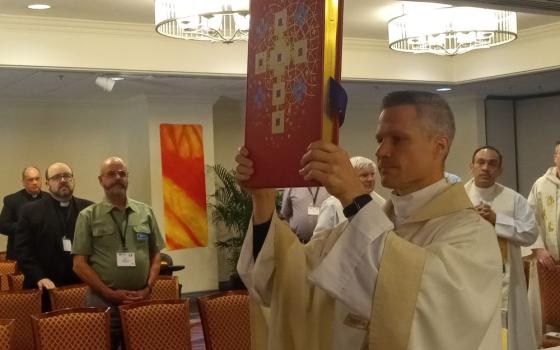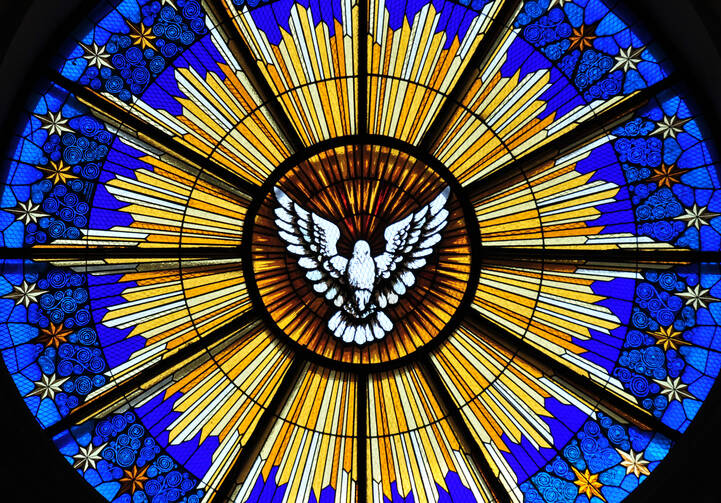Catholic Answer’s AI ‘priest’ laicized after backlash
(OSV News) -- A new AI priest, launched by a Catholic teaching apostolate to answer questions about the faith, has been “laicized” after sparking more backlash than belief online.
The nonprofit apologetics website Catholic Answers debuted a “Father Justin” interactive AI app April 23, aiming “to provide users with faithful and educational answers to questions about Catholicism,” according to an announcement that day by the organization.
Father Justin -- a bearded, bushy-browed white male in clerical attire, who sat placidly overlooking the Basilica of St. Francis of Assisi in Italy’s Perugia province -- was named for St. Justin Martyr, a second-century convert and apologist, said Catholic Answers in its release.





